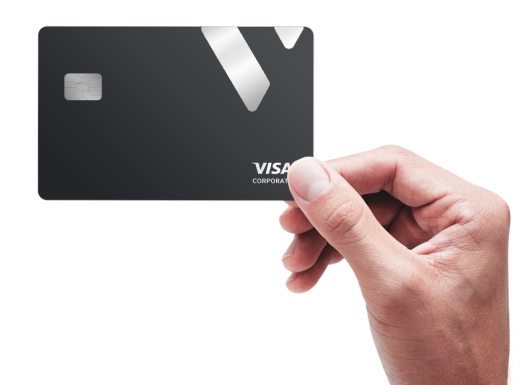Ultimate guide to open business bank account in Philippines
One of the first things you must do when beginning a business is open a business bank account. All of your company's financial activities, profits, accounts payable, and employee payroll will be handled through your business bank account. The type of your business determines whether you need one or not, according to the law. Having one, though, is usually a good idea. Even if it's for a tiny business, obtaining a bank account isn't as complicated as it appears.
What is business bank account?
Many names exist for business bank accounts. Company bank accounts and corporate bank accounts are other names for them. They all have the same meaning, though. A business bank account is a separate account that has been set up specifically for your business. It's where you keep track of your company's finances. You can also use this page to manage your other bills. This could cover anything from payables to payrolls to credit card payments.
Similar to personal accounts, a corporate account can be a checking or savings account. It does, however, serve an important purpose in that it separates your payments from your business's operations. Additionally, having a company bank account comes with a slew of benefits (from the time of opening a business account to using a corporate account).
It's important to remember that, regardless of how small your business is, creating a business bank account is always a good idea. Many banks give additional assistance, including specific incentives, for small business bank accounts. As a result, there's no such thing as "too early" when it comes to opening a corporate bank account.
How does it work?
Business banking helps businesses and organizations make the best financial decisions possible. As more firms prefer to have a corporate bank account, business banking is quickly growing. The goal is for these financial institutions to help both large and small businesses make better use of their assets and make wise financial decisions based on their present financial situation and creditworthiness.
One of the most important aspects of business banking is that it protects your company's position. Business bank accounts provide proof of your company's validity for LLCs and enterprises. As a result, banks will supply more services to your firm. Services include short-term loans, low-interest credit limits, and even payroll management. Business banking is also less sensitive to fraud and safer.
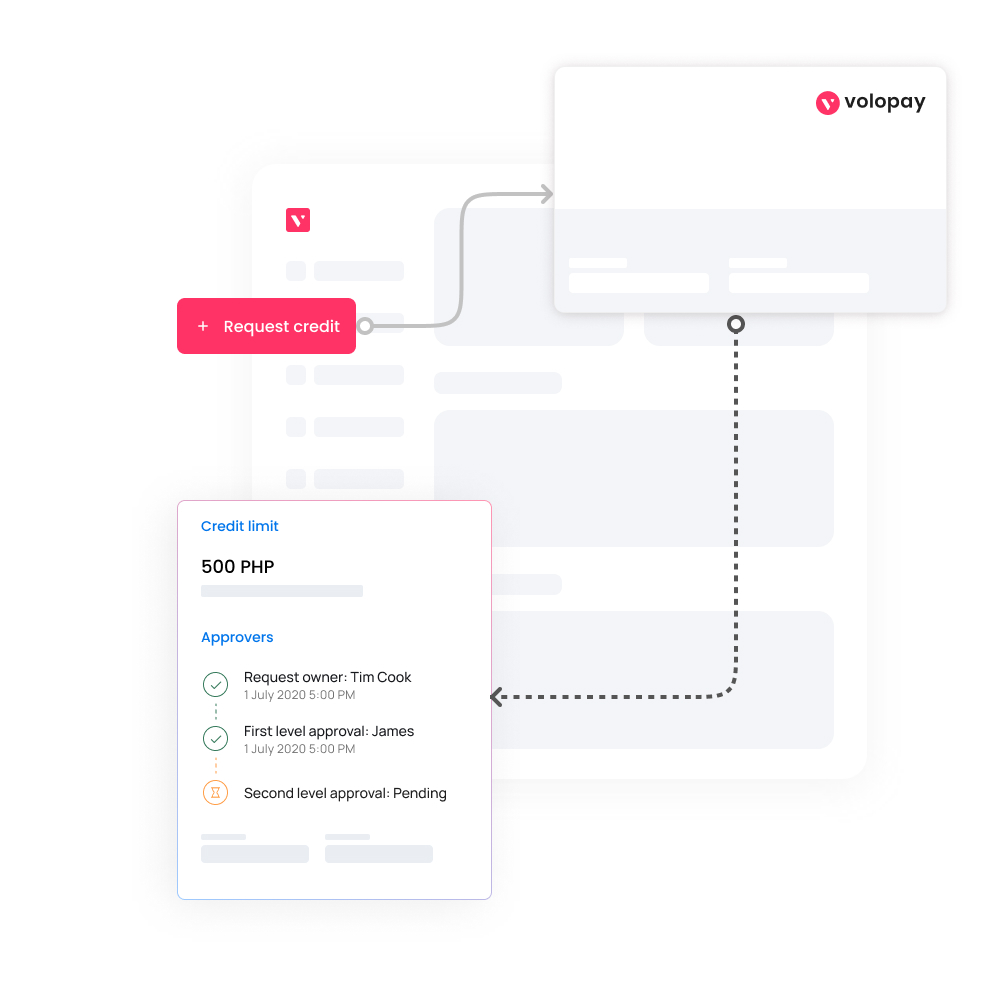
What should you consider when opening a business account?
Transaction rules
Many advantages come with a business bank account, and these advantages are contingent on your use of the account. Certain deposit limits may apply to your business bank savings account. If you choose a business checking account, you may be limited to a certain number of transactions. Before opting for an account opening option, carefully review the transaction rules.
Accessibility
A company bank account is not only accessible by the individual whose name appears on the documents. Access to bank facilities will be required by your finance department, accountants, compliance officials, and possibly even some employees. It's usually a good idea to have a banking system with a reliable and simple web gateway. Make sure they have a mobile app so staff can access information even when they're on the go.
Extra features and benefits
Financial institutions understand the necessity of offering businesses as many benefits as possible. Business bank account holders have a variety of extra benefits, especially if they register an SME account. Accounting integrations and collateral-free corporate cards are just a few examples, as are lower interest rates and spend analysis software. Examine the features and perks that your bank provides to businesses that open a business account with them.
Setting up account
Long processing time delays and a lot of paperwork are a thing of the past. Businesses can now open corporate accounts through banking systems that are extremely well-regulated and simplified. Make a note of which of your selections has the finest method for opening a company bank account when selecting where to open a corporate account. Also, check to see if you have all of the required verification documents.
Minimum spend condition
When opening a bank account, many of them have a minimum deposit requirement that must be met. You may also be required to maintain a minimum balance to avoid penalties. However, this isn't restricted to receiving funds. Some banks have a minimum expenditure requirement for your account, which varies depending on your account. Choose a bank that has fewer requirements and a lower nominal cost if your organization is starting with a limited cash flow.
Charges
Opening a business account is frequently accompanied by charges. Transaction costs, international currency exchange fees, and even fees for failing to maintain a minimum balance are examples of these types of expenses. If you want to run your business with the least amount of collateral, choose a bank with the lowest fees and best fee offers. Check to see if your company qualifies for any charge waivers. Having a free business bank account is usually preferable.
What are the requirements to open business bank account in Philippines?
Brand and company certifications
Some banks and local laws demand a "doing business as" certificate if your company's registered name and branded name are different. This will be required by your bank, especially if your company has many sub-brands.
Credit score information
If your company already has a credit score, it will be included in your application. If you are creating an account for the first time during your business's establishment, the credit score of the account owner (the business owner) may be required.
Business registration documentation
This is the documentation that proves your business entity is registered with the authorities. It could be a tax certificate, an LLC registration document, as well as proof of office space purchase (if your business has an offline office). Your bank will need this to ensure that you are a legitimate business trying to open a corporate account. You will need to provide the Certification of Registration of Trade Name. If your company is a corporation, you will also need the SEC Registration Certificate and latest General Information Sheet (GIS) stamped by the SEC.
Licensing information
Is your business licensed? This, of course, depends on the industry that you are working in, and the country of headquarters. Some licenses are specialized and need to be obtained after you have an account. But some licenses need to be obtained on registration of your company. These licenses (Izin Usaha) need to be provided at the time of opening your business bank account.
Ownership and partnership agreements
The best business bank accounts make room for your business to grow and expand. This includes partnerships. If you share your business with other entities or have entities with a controlling amount of shares, then that legal paperwork is required by your bank. This is purely to ascertain how will be controlling the funds and making authorizations. You will have to provide one primary ID and/or two secondary IDs for every partner, and the Secretary’s Certificate of Board Resolution. Also, have a copy of the Articles of Partnership and Partnership Resolution.
Personal identification
The business owner needs to provide personal identification to open an account in their name. The form of ID will depend on your country of residence and country of operations, but it will need to be a government-issued identification that is not expired. Copies of the business owners’ and treasurer-in-trust/authorized signatory’s government-issued IDs are required. The ID must be a photo ID.
Employer information
To open a business bank account in the Philippines, you will need to provide your company’s Treasurer’s Affidavit (Notarized). You will also need to hand in a copy of your Proposed Articles of Incorporation and By-Laws.
Managing finances is less painful with the right business account
Steps to opening corporate bank account in Philippines
Do your research
Before deciding on a bank, take a close look at all of the available offers, benefits, and costs. When opening a corporate bank account, it's crucial to conduct your homework on your current status and how you see your company expanding in the future.
Decide which bank you will opt for
Once you've picked the bank you want to create an account with, research all of their options. It's much better if you can chat with a bank person.
Decide the type of account you will open
Choose whether you'll open a business checking account or a business savings account first (or both). Keep in mind to examine the interest rates and fees associated with each.
Gather the required documentation
Once you know which type of account you want, make a list of all the required documents. Obtain them well in advance so that there are no surprises or delays after you have submitted your application. Your documents must be Notarized. Some banks might even need directors and power of attorney holders to be present in person, so be prepared for that.
Fill out the application
Complete the application thoroughly and accurately. Provide as much information as possible, and be as specific as possible. If your data is right, your bank will process everything more quickly.
Deposit the required amount
As with most accounts (especially savings), there needs to be a nominal deposit made to open the account. Gather the funds for this and write the check that meets these nominal requirements. Most local banks in the Philippines require a deposit of USD 2000 (or PHP 100,000, to earn interest). Some banks catering to SMEs might ask for lower, like PHP 40,000-50,000. Find the one that suits you best.
Activate your bank account
Your effort does not end until you receive confirmation that your account has been opened. You must use it to activate your account. Get acquainted with the banking services (both online and offline) and begin using your account!
Business banking fees and charges
Administration fee
This is the operative fee your bank charges for owning the account. It might be charged monthly or annually. On average, the range of monthly fees in the Philippines is between PHP 200-500. Some banks that cater to MSMEs don’t have monthly charges, but they do charge dormancy fees.
Cash payments
Charges may apply to cash deposits and withdrawals from the account (as well as charges for ATM usage).
Automated payments
Pre-approved payments or recurring transactions may incur fees at some banks. If this is the case, contact your bank.
Manual payments or checks
Checking processing and manual deposits can both be expensive. Take a look at these costs ahead of time.
Minimum balance charges
If your savings account falls below the minimum balance threshold, you may be charged a fee. Make sure this price is within your budget, especially if your cash flow is slow.
Overdrafts
Is overdraft protection available on your checking and credit accounts? Is swiping into a negative balance permissible? Recurring payments might easily put you in danger of going into debt. Check your overdraft costs to make sure they aren't too high.
Additional services
Some premium services (such as specialty cards, insurance, upgrades, advisory, and report preparation) can be charged. If you want to open a low-cost or free corporate account, check with your bank to see if such services are required.
International transactions
Exchange rates, receiving bank costs, administrative fees for the wire transfer provider, and other factors come under the international transaction fees. Have an idea of how much it costs to transfer or receive money from another nation (particularly if you frequently pay for it).
What are the benefits of business bank account?
Obtaining financing is simple
A corporate bank account leaves your business with a very visible financial trail. Compliance, audits, and loan and investor applications all benefit from this. The ability to see a detailed record of your company's payments adds to your credibility as a respectable company.
Employees and partners should be able to access
You can share a company bank account with your partners and employees without revealing personal information. Authorized personnel can gain access to all financial information about your organization, and you can maintain a transparent system for efficient commercial transactions.
Different types of payments are accepted
In some circumstances, a SWIFT transfer or a payment application should be used. Many of your clients and customers, on the other hand, may need to pay you with a credit card. With a corporate account, you may accept debit and credit card payments, expanding your market while also making your clients' lives easier.
Keeping your personal and professional expenses separate
The most crucial reason to open a corporate account is to separate your personal and professional finances. Everything about your business is handled independently and can be studied separately. Credit scores are kept separately as well, so your creditworthiness does not influence the creditworthiness of your business (or vice versa).
Looks professional
Having a corporate bank account boosts your brand's legitimacy. Customers are more inclined to pay a business account than a personal account. Employees' tax filing is made easy by salary slips and payroll. Furthermore, your company's name can be printed on all invoices, receipts, and reports. As a business owner, you may also rest confident that your dealings will never have a detrimental impact on your organization.
When to open business bank account?
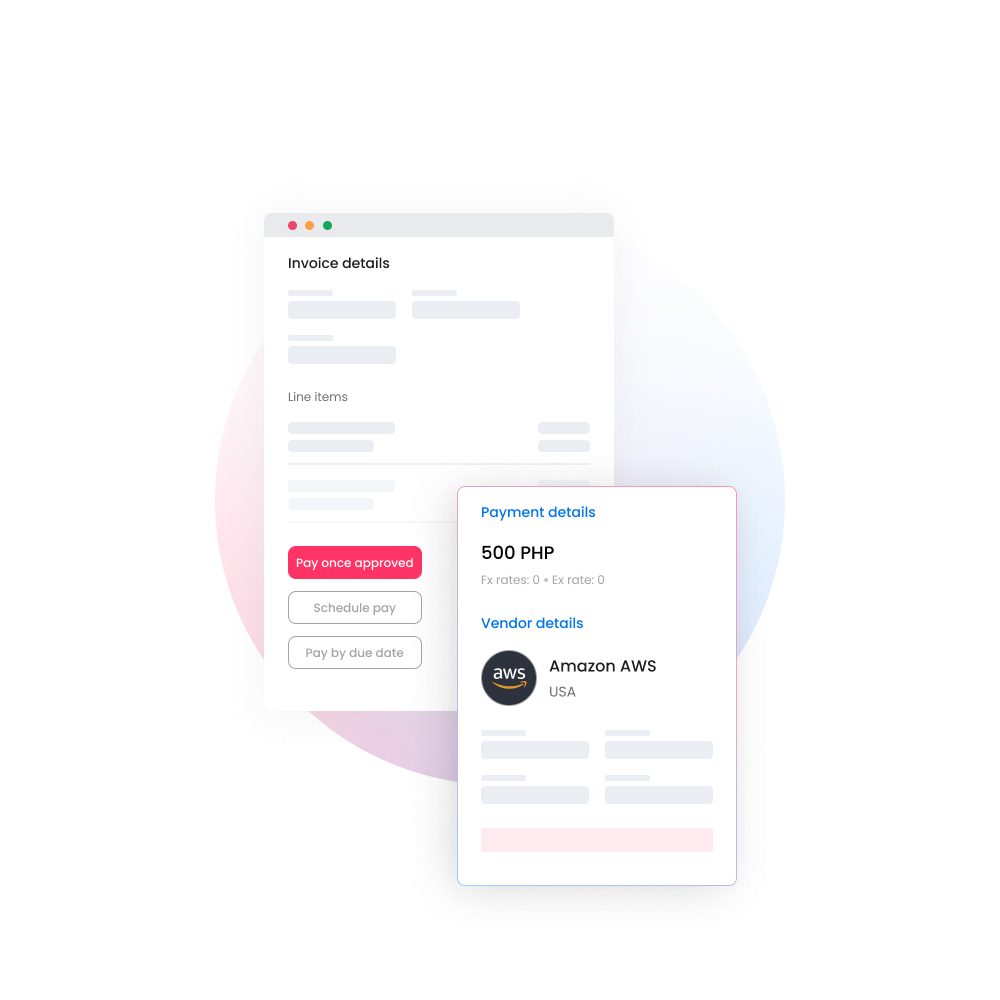
It's crucial to remember that
Opening a business bank account is never too early. As soon as you have the required licenses and your firm is registered, you can start an account. Some privileges may necessitate the creation of a user account. If you wish to start a partnership, you'll need a business account as well.
Starting early ensures a clean audit trail from the beginning. You don't have to be a unicorn to open a bank account, as many banks provide small business packages and incentives. Just keep in mind that if you want to grow your business, your preferred financial institution should be able to help.
How can Volopay's business account help your startups to manage expenses?
Bill Pay feature
The Bill Pay features of Volopay are superior to those of a bank account. Multiple bank accounts in different locations are no longer necessary with a centralized location for all of your finances. Your company can get a bird's eye view of all its finances from a single interface, regardless of where it is situated or how many branches it has.
Furthermore, the Bill Pay tool enables you to make a range of payments at the most competitive rates. International transactions take place at competitive exchange rates, with much cheaper fees (and less time!) than wire transfers. To manage accounts payable in conformity with audit requirements, you can assign your company policies to transactions. Budgets can be used in a variety of departments. It serves as a one-stop shop for all of your business banking requirements.
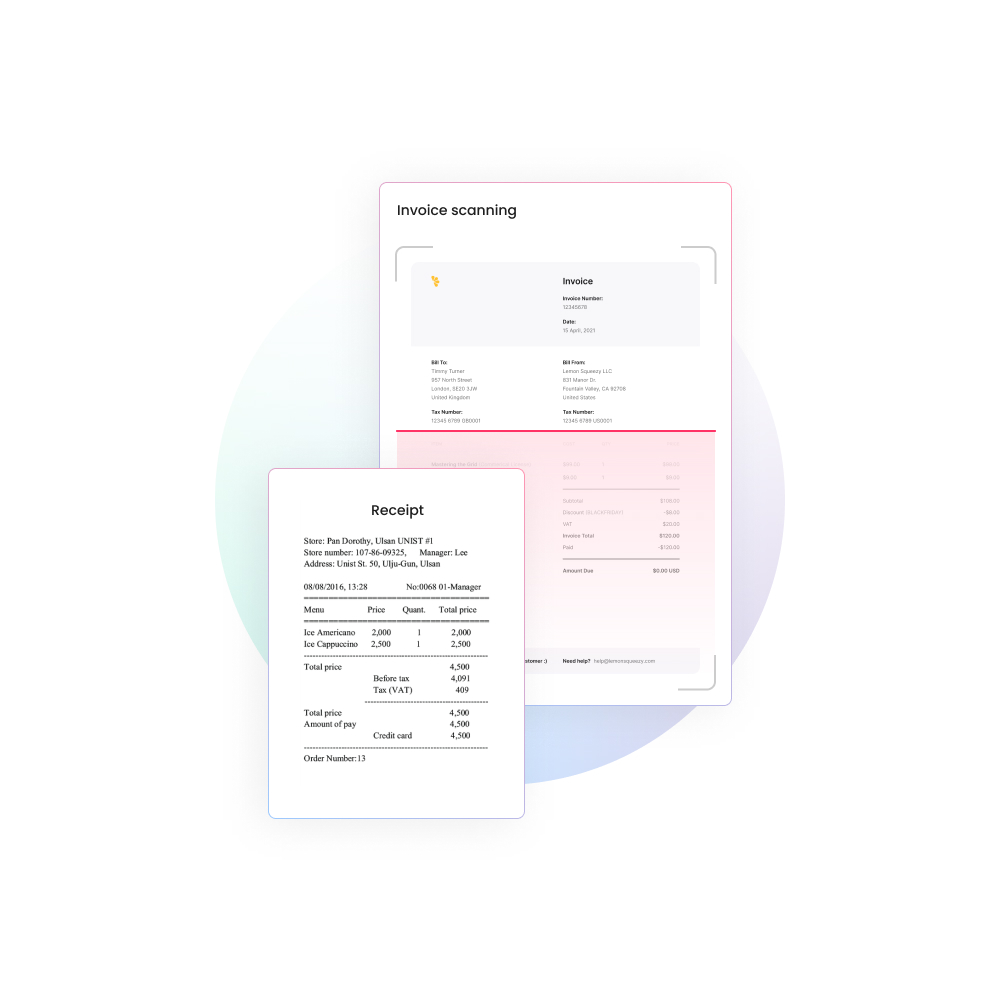
Volopay's virtual and physical cards
Instead of providing your staff with a variety of debit cards, Volopay allows you to provide them with corporate credit cards. They are significantly more secure and fraud-resistant. If your employees make a lot of offline payments, you can give them physical credit cards, and you can give them an infinite number of virtual credit cards for online transactions.
These virtual cards can be used for vendor-specific payments if your company wants to make SaaS payments or other regular payments.

Integrating with accounting software
Even if you choose a great banking plan, there's a good possibility it won't include accounting integrations. Accounting automation has grown critical for firms, and having to download data externally just adds to the process's complexity.
Volopay allows you to connect your accounting software to the portal directly, allowing data to be sent without the need for human entry. Volopay also has a payroll payment integration with some HR software.
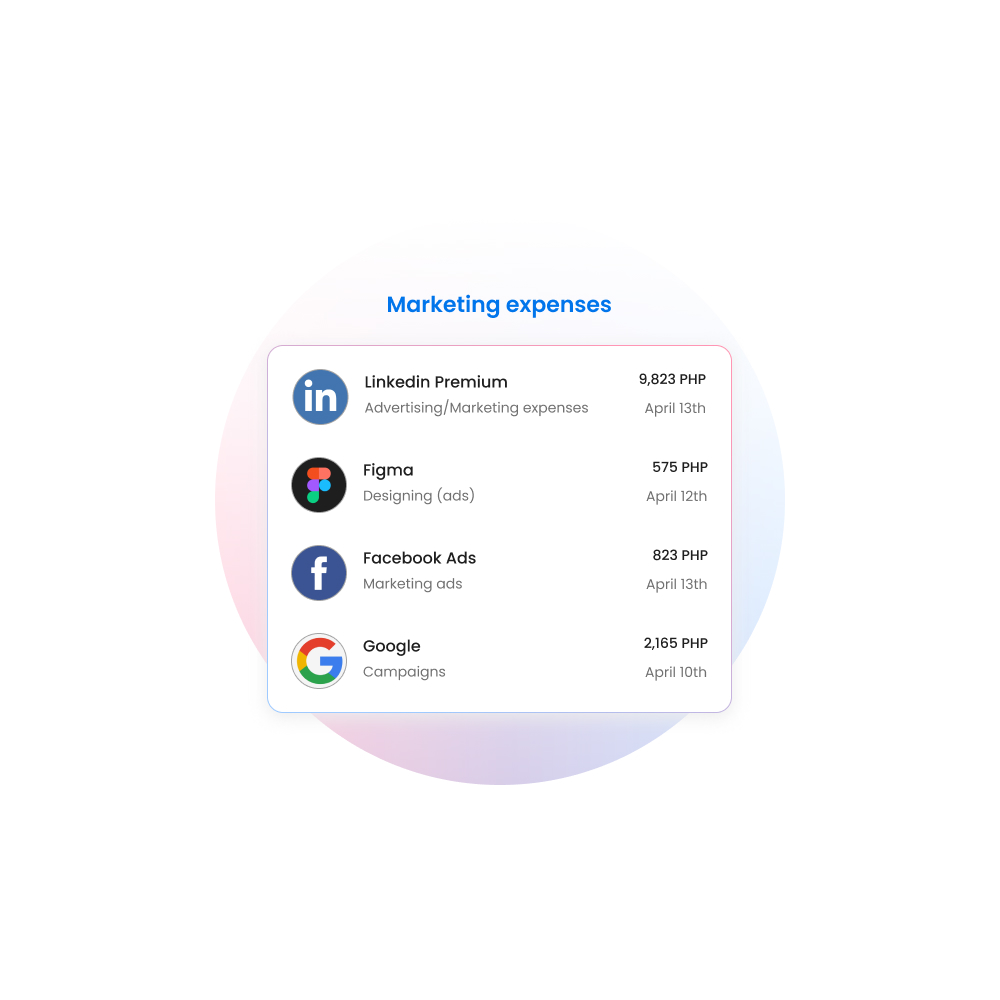
Real time visibility
Everything happens in real-time with Volopay. When an employee asks for reimbursements, makes a payment to a vendor, or swipes a card, all data is updated.
The option to create accounts for all of your employees means that many people may access information, analyze data, and generate reports in a streamlined and collaborative manner. Volopay also offers a mobile app for employees to access their accounts while on the go.
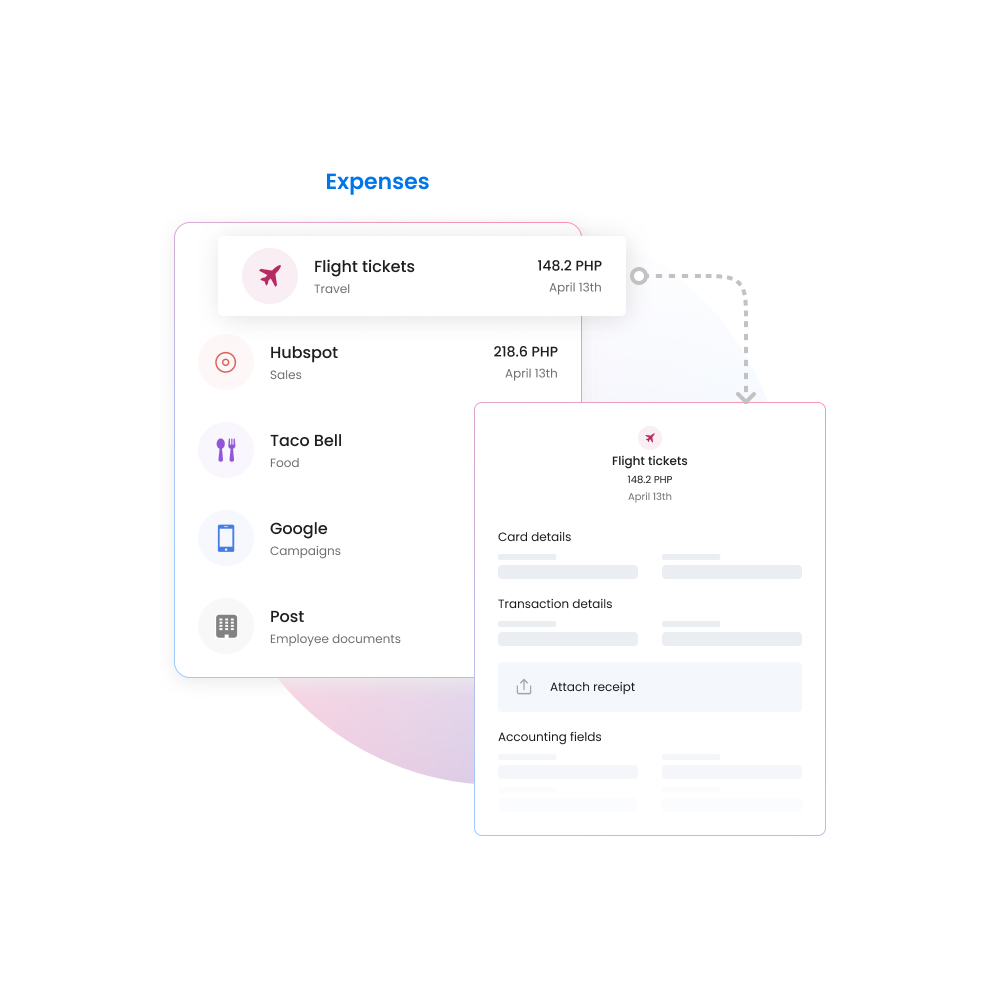
Credit line
Your firm can take advantage of Volopay's credit line options. Pre-loaded credit cards or applying for business credit through Volopay are both options for obtaining credit.
Unlike a bank, where substantial documentation and credit history are required, your credit line is just based on your transaction and development projections. The billing is also done on the same platform, and your business credit score is improved.
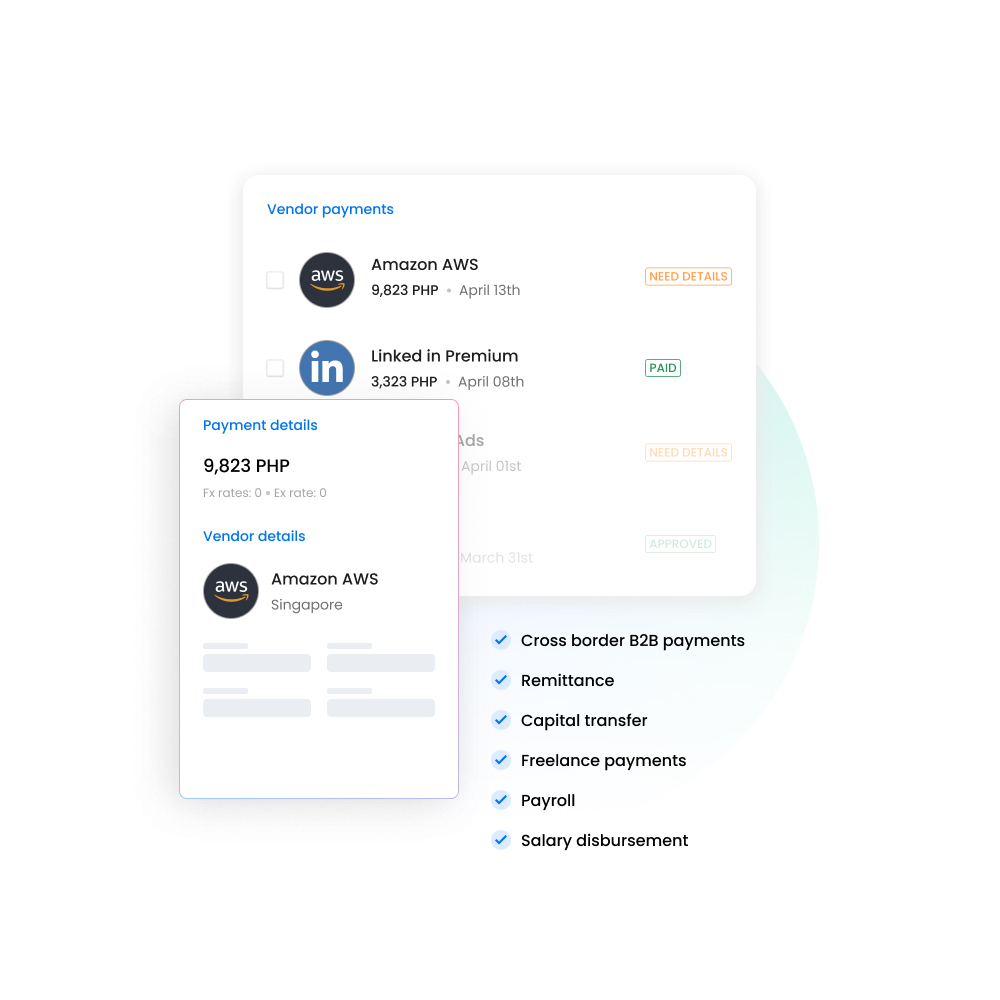
FAQs
On the surface, they function the same way. But a corporate account has functionalities specific to a business, unlike a traditional bank account. A corporate account can have offerings such as debit cards for employees, more lucrative interest rates, and payroll processing services. The balance requirements and fees are also, overall, better for your business.
The purpose of opening a business bank account in Philippines is to have all your business-related transactions in one place. It separates all personal and business payments. Additionally, business accounts have certain benefits that do not apply to personal accounts (benefits that depend on the bank you choose).
No, opening a business bank account will not affect your personal credit score. However, if you avail of credit facilities, then your business credit score will be calculated separately.
The process of setting up your Volopay account is fairly quick and simple. Once you’ve signed up for a plan and provided your documentation (KYB documentation for verification purposes), you will be invited to create an administrative account. You can get started immediately after that.
Business checking accounts do not, but a business savings account does earn interest. The interest rate depends on the bank you use, and the tier of the account you open.
Volopay is not a bank. It is a spend management platform that allows you to access a requested credit line, create physical & virtual corporate cards, and handle all your SWIFT & non-SWIFT payable transactions. Your funds are stored in an account with ANZ. Volopay is the software that you use to access and utilize your funds, while also managing them without the need for multiple accounts in multiple countries.
Extremely so. Volopay does not keep your money in its own pocket. Your funds are stored in a bank, which is in compliance with ASIC (Australian Securities & Investments Commission). Your data is protected with bank-grade security encryption and access protocols.
Volopay only charges a subscription fee for its software, and there is a range of plans to choose from. If you opt for a credit line with Volopay, there is a nominal fee for that. All transactional fees (such as currency conversion, administration fees, bank markup fees) are charged by banks, depending on the country to which the payment is being made and the country in which your business is located. This fee is not charged by Volopay.




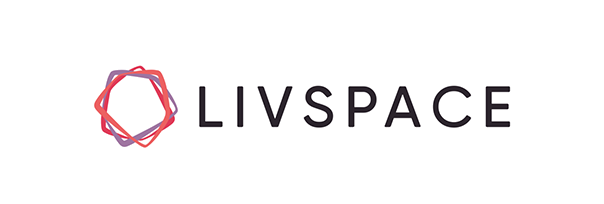

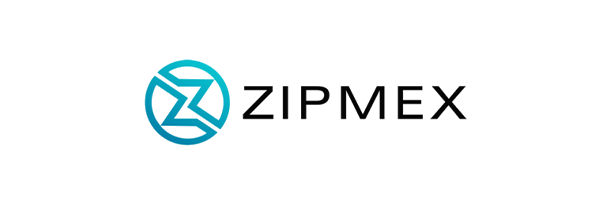

Trusted by finance teams at startups to enterprises.
Bring Volopay to your business
Get started free